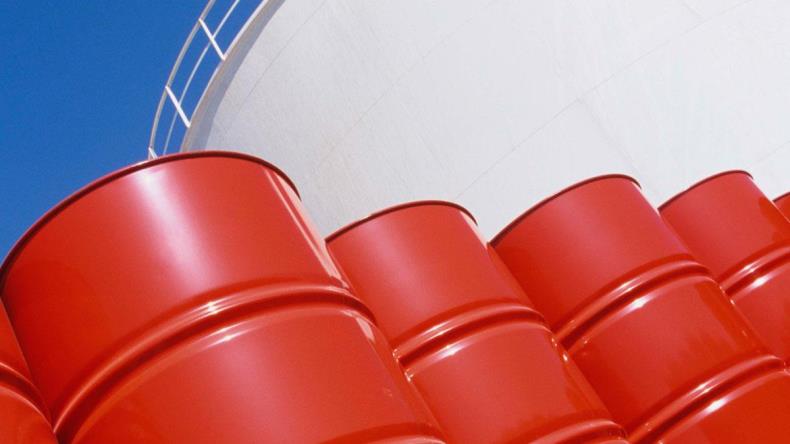Despite the combined pressures of a global pandemic, political deadlock, falling oil prices and continued violence against government forces and others, SKA has continued to deliver over 90% of Iraq’s imported fuel requirements.
SKA’s unique partnership with the Ministry of Oil’s Oil Pipeline Company (OPC) and the close cooperation of Ministry of Transport’s General Company for the Ports of Iraq (GCPI) have ensured that vital supplies of imported diesel and gasoline continue to flow.
SKA’s CEO, Mr Mike Douglas said:
“This is what SKA does. We stand firm in the face of adversity and get the job done. These combined challenges just make us more determined to succeed. Fuel supplies are vital to industry, transport and power generation and we will keep them flowing.
“Of note, the vital dredging we just completed during the curfew, guarantees that the biggest cargos on LR2 vessels, are not stalled; before we started, that size of ship had never been seen in the river. The company was built on the motto of “doing difficult jobs in difficult places” and now, more than ever, that is true.”
“We thank all our local and expatriate staff, and the Iraq Government, for their steadfast support and cooperation. We realize that it is not easy to be away from homes and families in these challenging times, but together we will continue to ensure that the Iraqi people get what they need to overcome these daily challenges. We hope and pray that SKA as a company and Iraq as a nation will emerge stronger at the end of all this”.
SKA operates the only private Maritime Oil Storage and Distribution Terminal in Iraq. Combined with the joint operation of the oil import jetties in Khor Al Zubair Port, SKA is responsible to the importation of over 90% of Iraq’s oil product import demand. SKA has ensured that this vital infrastructure is operated, maintained and enhanced during this difficult time.

SKA, in partnership with the Iraq Government, hopes to build on this success in the future with further enhancements to the import and export infrastructure. Mike Douglas said:
“We will overcome the current challenges and in the future build and operate more oil product storage in Khor Al Zubair. This will provide increased volumes for import and much needed cargo consolidation for export. It will also provide much needed employment for the local population. We have been in Iraq for 17 years and are here to stay.”
(Source: IBBC)


